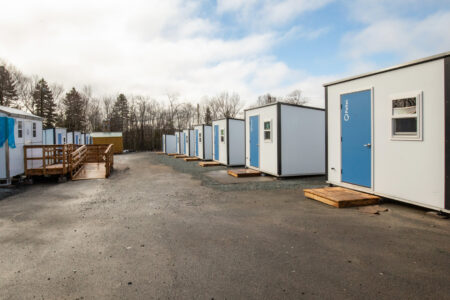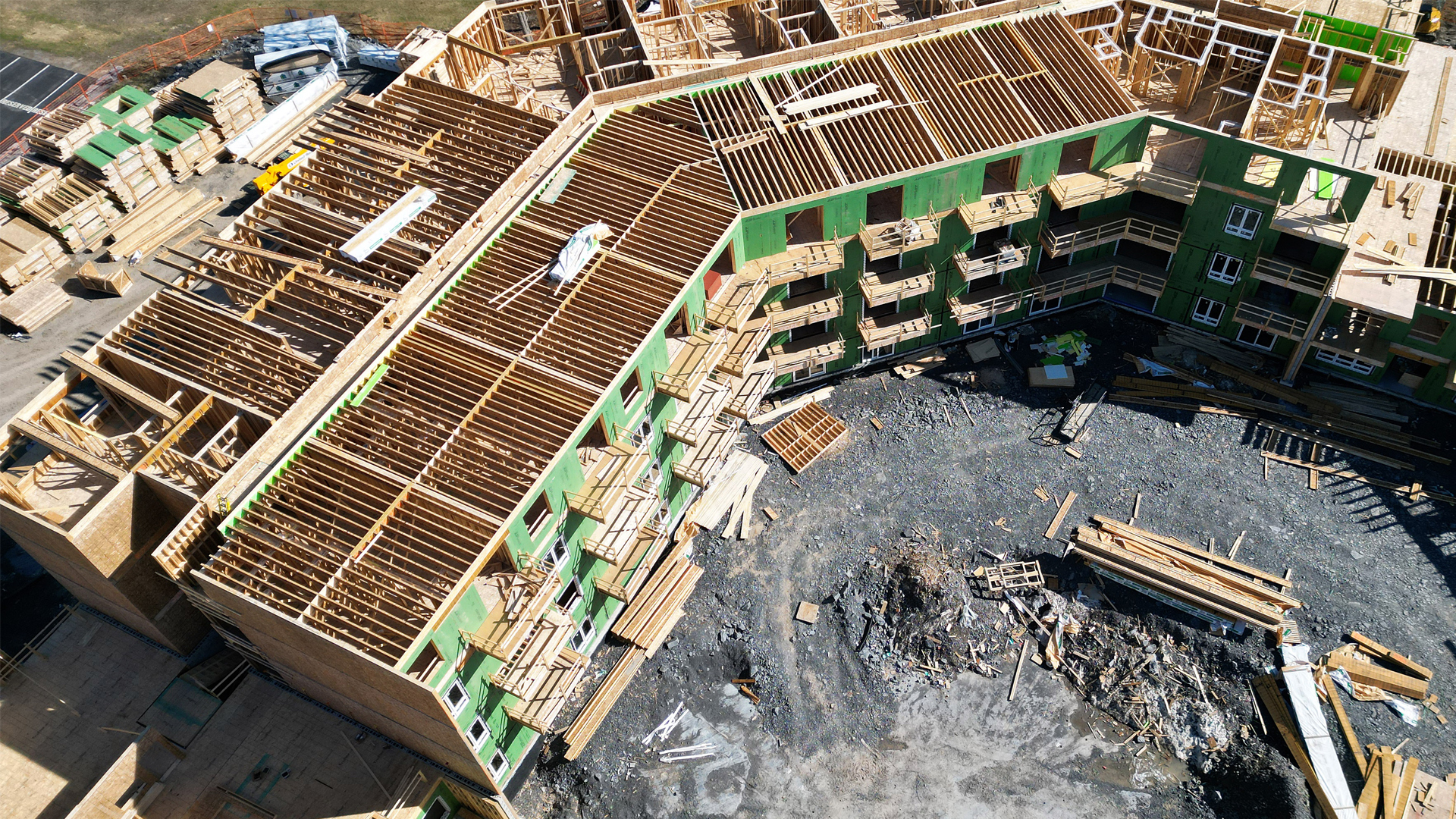
As housing prices continue to soar, squabbling between different levels of government across Canada is only exacerbating an increasingly critical issue. Prime Minister Justin Trudeau announced in August that housing “isn’t a primary federal responsibility.” Soon after, the City of Toronto refused to house newcomers in shelters, arguing that this was a federal, not a municipal, problem. Such jurisdictional finger-pointing only worsens Canada’s housing crisis.
Ultimately, the way forward is for the federal government to step forward, not back, using its approach to universal health care as a model for housing policy. The law supports this position.
Canada’s existing housing framework
The Constitution spells out federal and provincial responsibilities under Sections 91 and 92. It bestows the federal government with authority over matters of a national or international nature, such as bankruptcy, divorce, criminal law, telecommunications, banking and matters related to Indigenous Peoples and reserves. Provinces, by contrast, were to focus on issues closer to home such as the incorporation of companies, property and civil rights, and municipalities.
Through our contemporary eyes, this breakdown may seem out of date. This is especially true of policy areas that were left out entirely, such as housing. The result of this constitutional silence is a fragmented framework when it comes to housing policy, which is now divided between federal, provincial and municipal governments.
Until the 1990s, Ottawa did build and maintain social housing. Now, its main role is limited to providing funding to provincial and municipal governments for affordable housing and for programs that address homelessness. The federal government is also responsible for on-reserve housing.
Provinces provide funding to housing non-profits, build and operate social housing and regulate landlord-tenant relationships. They also delegate powers to municipalities, which then decide on the size and location of housing through their planning and zoning decisions.
For example, earlier this year, the City of Vancouver decided that multi-storey residential buildings would be permitted in areas where previously only single-family homes had been allowed.
Some housing decisions fall into a grey area between provincial and municipal authority, such as the regulation of the digital private accommodation marketplace, which includes Airbnb.
Rather than squabbling over whether housing is “local” (it is) or “national” (yes, also), all governments must come together to create sufficient housing stock, ensure affordability and legislate protections. Unfortunately, this inter-jurisdictional co-operation hasn’t happened. As a result, housing precarity and rates of homelessness are rising at an alarming pace.
Federal leadership in the midst of constitutional silence
The Constitution Act conferred on Parliament the power “to make Laws for the Peace, Order and good Government of Canada, in relation to all Matters not coming within the Classes of Subjects by this Act assigned exclusively to the Legislatures of the Provinces.”
These “POGG” powers allow the federal government to act if the matter isn’t assigned to provinces in some cases, although several provinces have recently fought this in the courts, with mixed results.
Clearly, housing isn’t just a local issue. There is inadequate housing from west to east, and north to south. Data developed through the Housing Assessment Resource Tools project shows a significant number of low- and middle-income Canadians are in core housing need across the country. The numbers are even worse for racialized people and Indigenous Peoples, refugees and seniors.
There is precedent for federal leadership in policy areas that affect the country as a whole.
Before the Second World War, health care was privately delivered and funded. From the 1950s onward, the federal government has taken an increasingly active role in health care.
Under the Canada Health Act (CHA), provinces receive federal funding transfers to assist and supplement the costs of delivering universal health care, but in return must comply with various principles, including universality and accessibility. The CHA is not perfect, but it exemplifies the federal government’s willingness to address societal concerns, provincial willingness to co-operate, and the acceptance of links between principles and funding.
A new housing framework
Ottawa already knows it must play a leadership role in housing. In 2017, two years after Prime Minister Trudeau was elected, the national housing strategy (NHS) was launched, followed by the 2019 enactment of the National Housing Strategy Act (NHSA).
The law requires a federal housing strategy be developed and maintained. Federal housing plans must include “key principles of a human rights-based approach to housing,” such as non-discrimination, inclusion, participation and accountability.
The federal government created the office of the federal housing advocate to oversee implementation of the NHSA with the authority to monitor progress, initiate studies and receive submissions on systemic housing issues. The advocate has supported research on significant rights violations of those living in encampments, recommending a stronger role for the federal government.
It is disingenuous for the federal government to claim a secondary role in housing based on the text of the Constitution and its legislative commitments. It already funds housing projects and programs that are managed at the provincial and municipal levels.
It would not be a leap to make funding conditional on adherence to a specific set of principles, including the progressive realization of the right to housing.
The dire lack of affordable housing is at crisis levels and must be viewed as an issue that affects the entire country. The federal government’s commitment to housing without taking a leadership role is a mistake. Drawing on the example of universal health care, the federal government can and should commit to the right to housing.
This article is part of a series called How does Canada fix the housing crisis?









